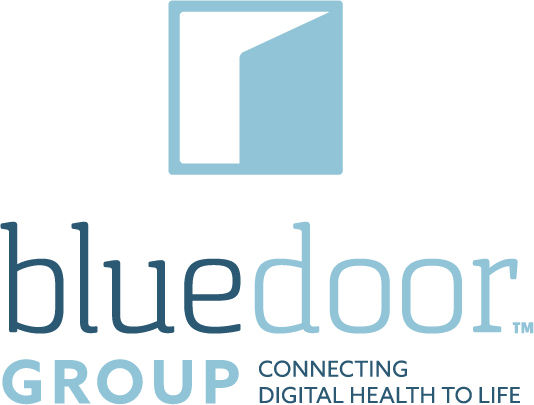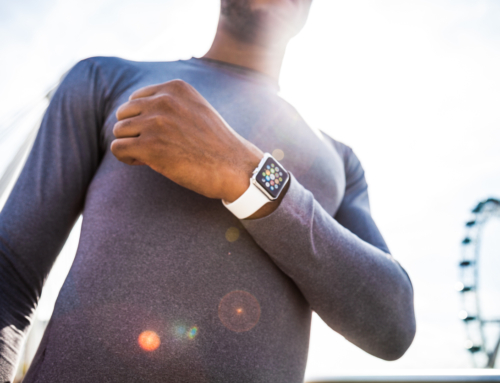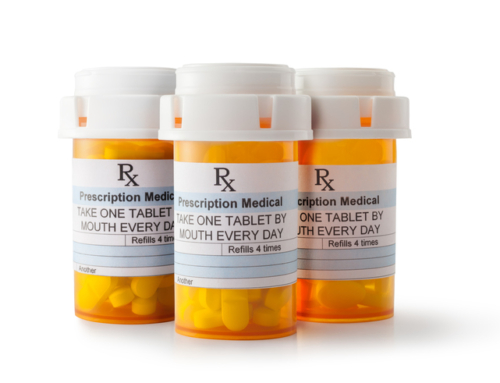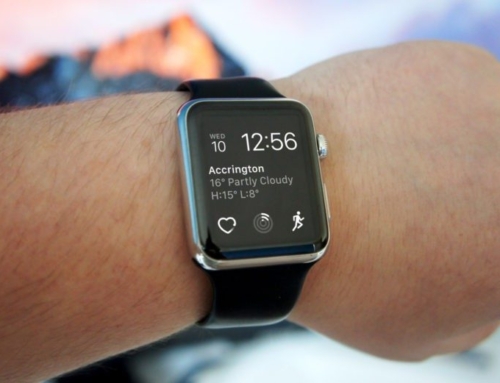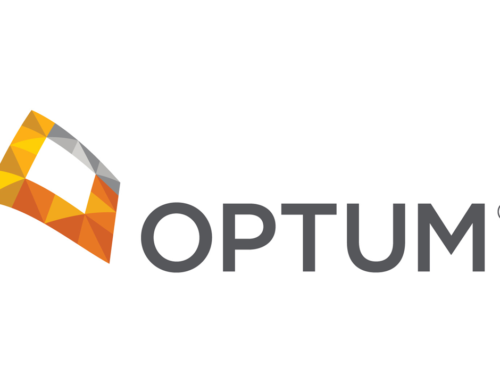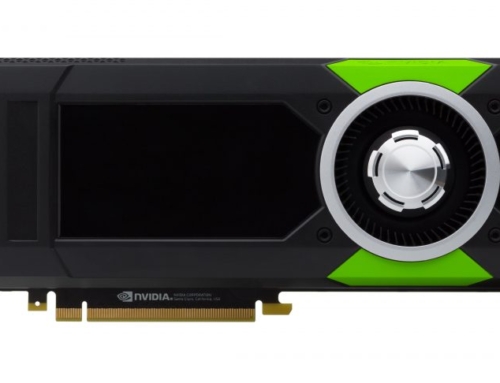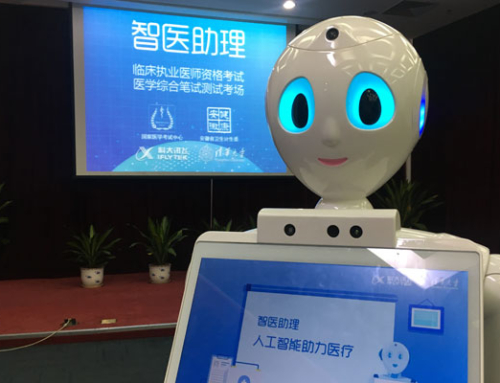by STEPHANIE BAUM | March 27, 2017
Cybersecurity for medical devices, remote monitoring for earlier detection of diabetic foot ulcers and improving patient transportation to reduce missed medical appointments are some of the priorities for Dreamit Health’s latest cohort.
There are also a couple of changes to the program this time around, Seth Berk, Dreamit Chief Marketing Officer and Partner, said in an email. The management teams for the eight participating companies will spend more time in Philadelphia — about half of the 14-week program. Also, Dreamit will open up its entrepreneur seminars to the entire Philadelphia startup community. Among the topics these presentations cover are honing elevator pitches, customer feedback, and finding and working with investors.
The accelerator, with local partners that include University of Pennsylvania Health System and Independence Blue Cross, includes eight companies this year. Here’s a summary of them based on an announcement obtained from Dreamit.
Biorealize, whose founders Orkan Telhan and Karen Hogan teach at University of Pennsylvania, produces low-cost tools for designing and growing organisms for biotech applications. Its flagship product makes the process of designing, testing and monetizing biology at the bench and field more accessible.
Bluedrop Medical is developing a smart, home-based remote monitoring system capable of the early detection and prevention of diabetic foot ulcers. Advanced algorithms monitor daily foot scans to detect diabetic foot ulcers before they develop, providing actionable alerts to both patient and provider.
Citus Health has a suite of workflow automation and remote patient support software solutions that makes home healthcare less cumbersome and stressful for patients, while enabling providers to more cost-effectively deliver superior patient support and better patient outcomes.
Cylera is a cybersecurity company that helps healthcare organizations and their patients by guarding against cyber-based threats to medical devices, such as data breaches, and ransomware.
Group K Diagnostics is a rapid, paper-based diagnostic system, providing multiple results from one patient sample within 30 minutes or less at the point of care. The modular system, which claims to be low cost, can currently combine up to three different tests and can be read via a smartphone app, desktop app, or comparison paper guide, allowing the test to be conducted in any setting.
Kaizen Health developed a platform to connect health systems and transportation fleets to make patient transportation more efficient.
Marmo Health has a patient support service delivered through ultra-personalized peer groups in a mobile phone messaging app with coach-led education programs and natural language processing.
Tine Health‘s mobile platform augments medical devices with Just-In-Time training and compliance tracking for front-line healthcare providers. Pilot studies have demonstrated over 50% reduction in error rates, generating additional revenue for hospitals.
Photo: plustwentyseven, Getty Images
